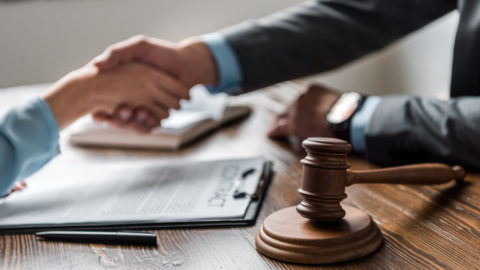 Many attorneys work at law firms without a full-time in-house counsel. Different attorneys are called upon to serve in a general counsel capacity when issues arise.
Many attorneys work at law firms without a full-time in-house counsel. Different attorneys are called upon to serve in a general counsel capacity when issues arise.
Over the next few months, we will discuss laws and offer tips to general counsel and to attorneys asked to fill that role. This month, we address the attorney-client privilege within law firms when issues arise during the representation of a client.
California Evidence Code section 950 et seq. codifies California’s attorney-client privilege, protecting communications between a client and his or her attorney. In Palmer v. Superior Court (2014) 231 Cal.App.4th 1214, the Court of Appeal held that when an attorney seeks legal advice from an in-house attorney about a dispute with an ongoing client, the attorney-client privilege may apply to their confidential communications. The court rejected the “fiduciary” and “current client” exceptions other courts had developed. In California, the attorney-client privilege is a legislative creation and courts have no power to limit the privilege by developing exceptions not set forth in the California Evidence Code.
The threshold issue is whether the communications were made during the law firm’s attorney-client relationship with its in-house counsel. Palmer set forth four factors to consider.
First, the law firm should designate an attorney, or attorneys, within the firm to represent the firm as in-house counsel prior to a dispute with a client. Second, the in-house counsel should have performed no work on the particular client matter or a substantially related matter. If the appointed counsel has performed work for the client with whom the dispute has arisen, the court may conclude that the attorney acted as counsel to the client. Third, the firm should not bill the client for any time spent on in-house communications it seeks to characterize as attorney-client communications. Fourth, the communications must have been made in confidence and kept confidential.
Following these guidelines when communicating with in-house counsel about a client dispute will help a firm to keep those communications confidential in the event of a claim.
About the author:
John Sullivan is the Vice Chair of BASF’s Legal Malpractice Section. He is a partner at Long & Levit, and a contributor to Long & Levit’s Lawyers and Judge’s Blog, www.longlevit.com/blog/, which is searchable by topic and case name.




